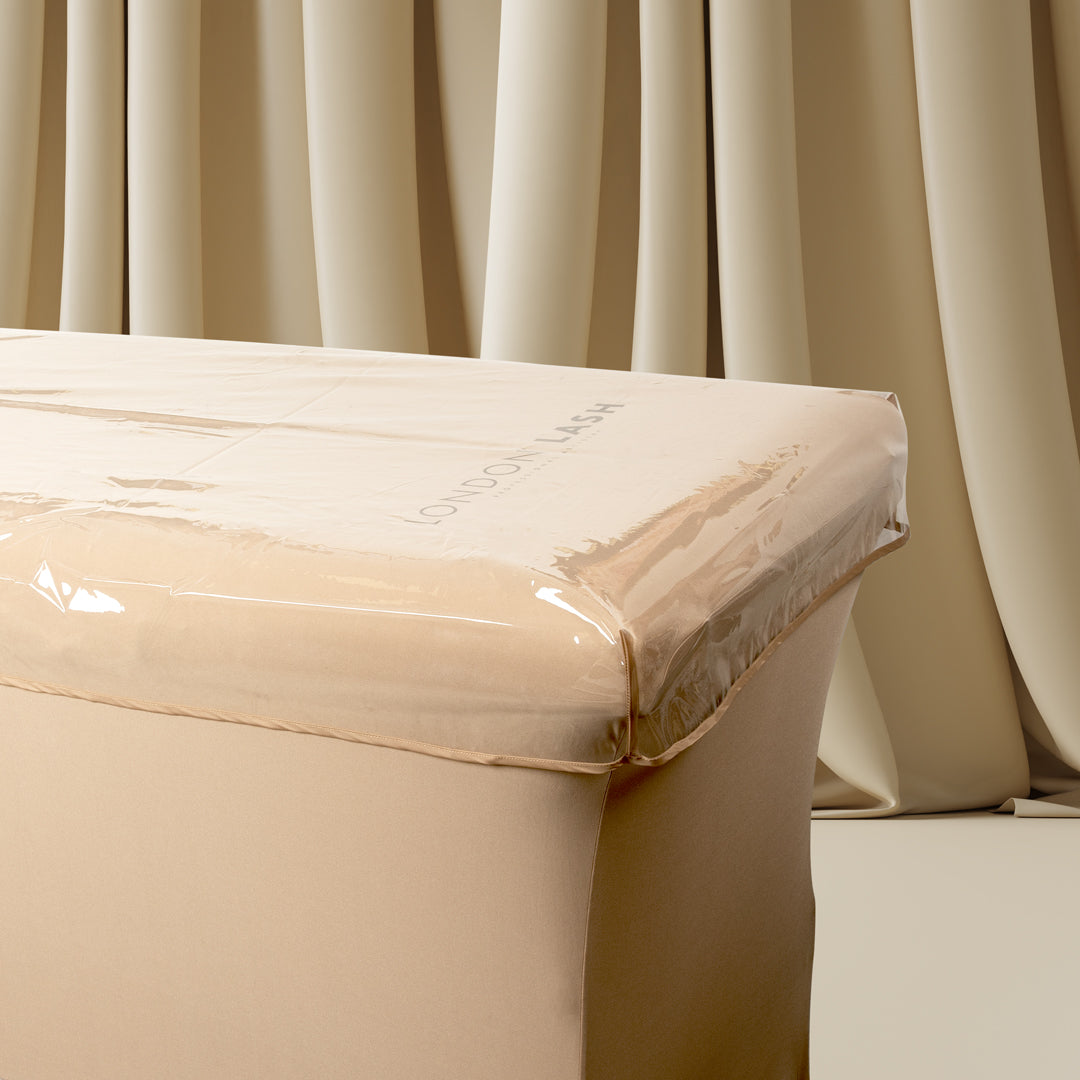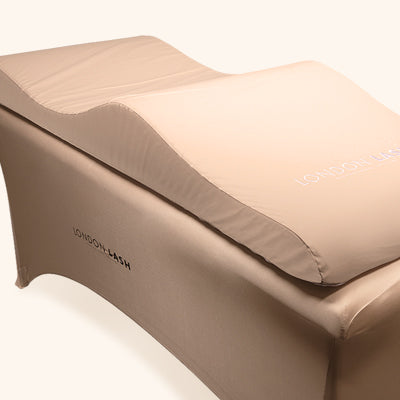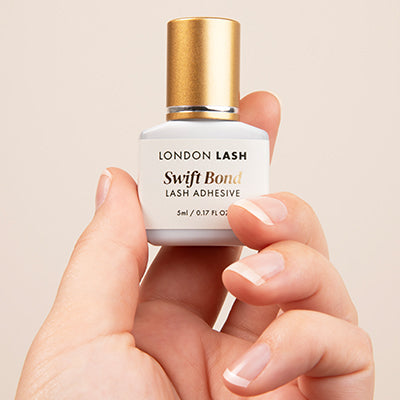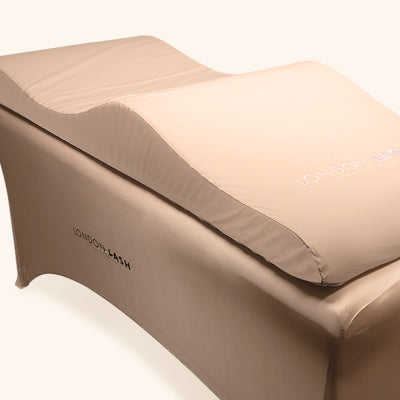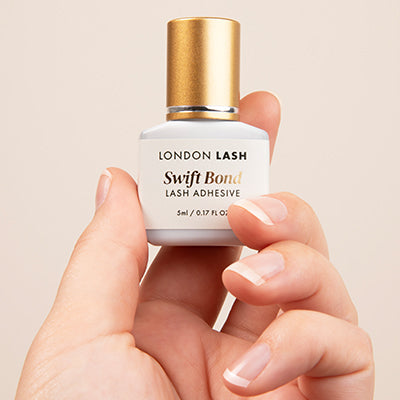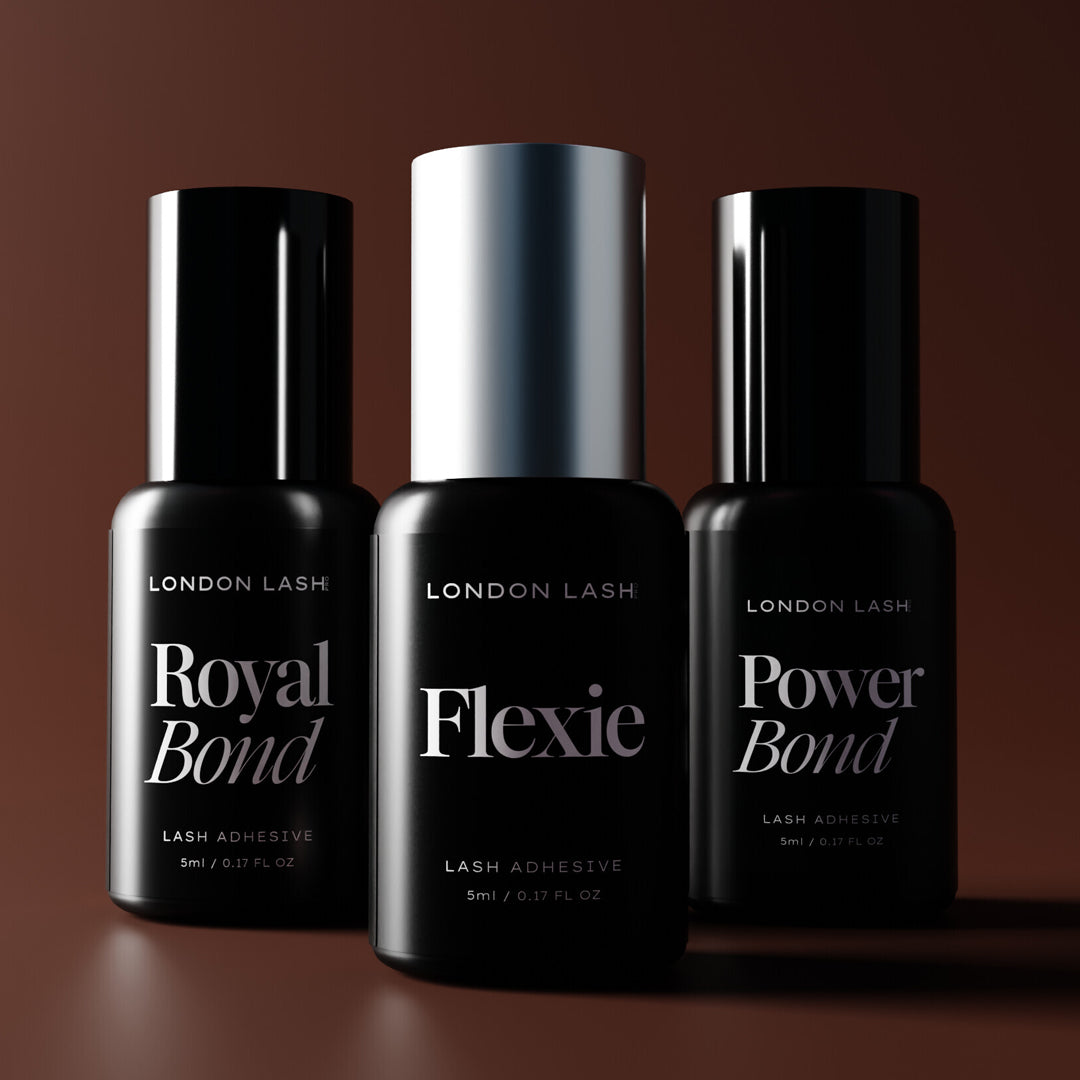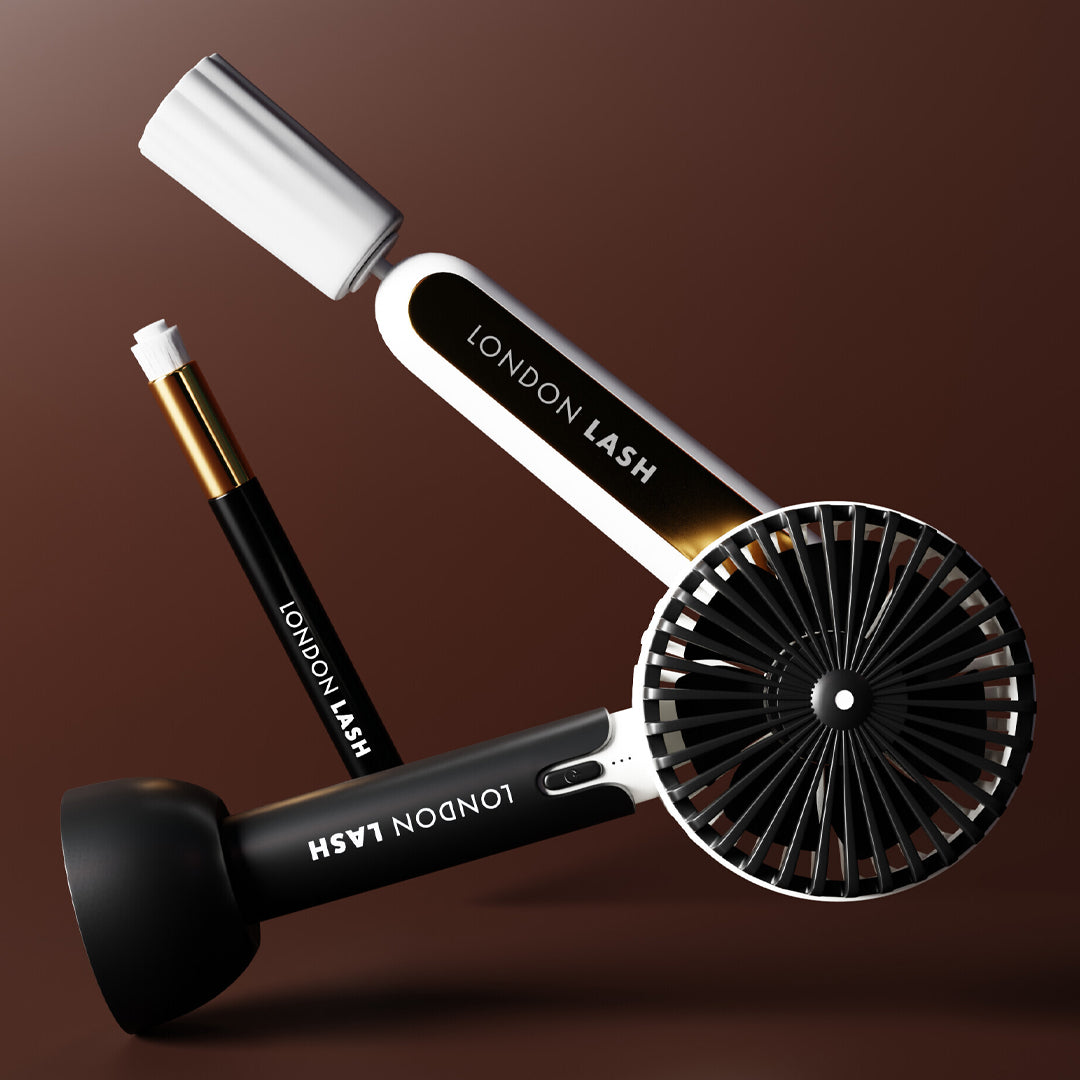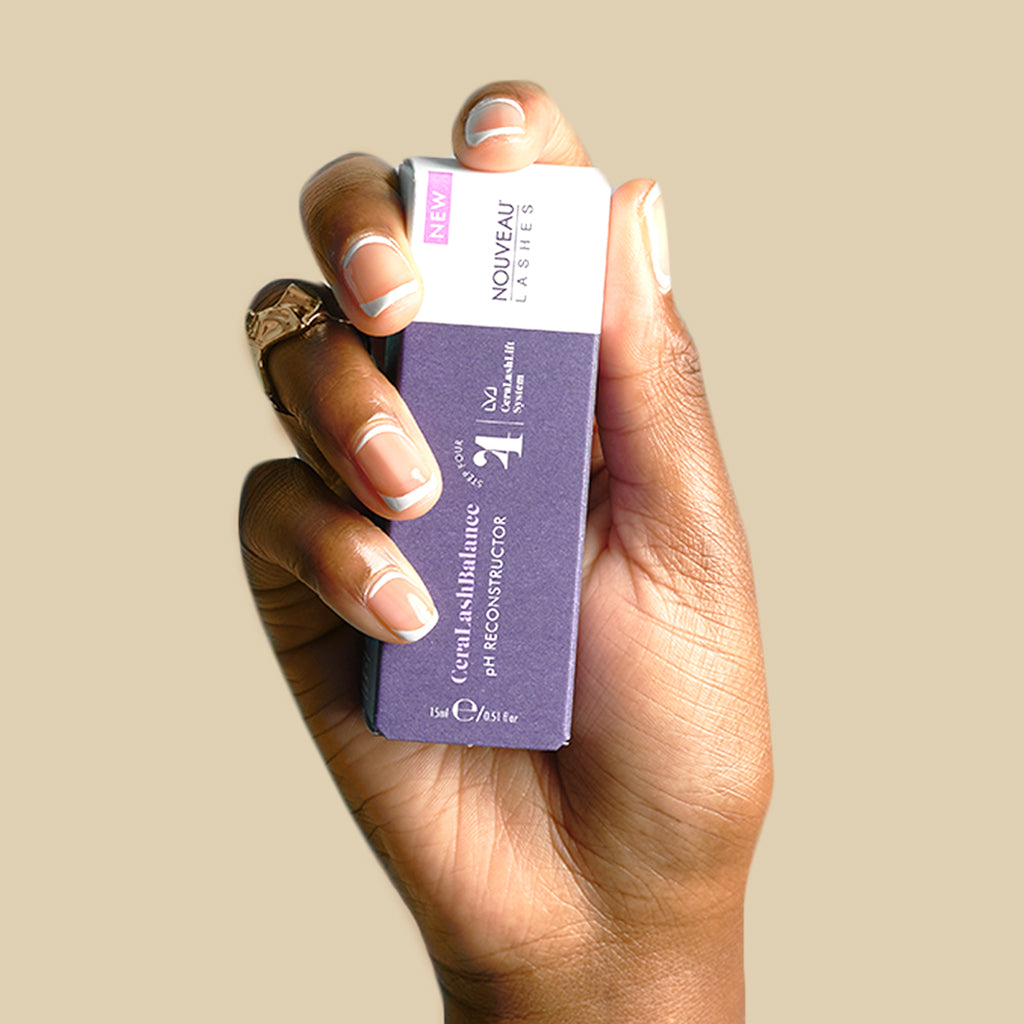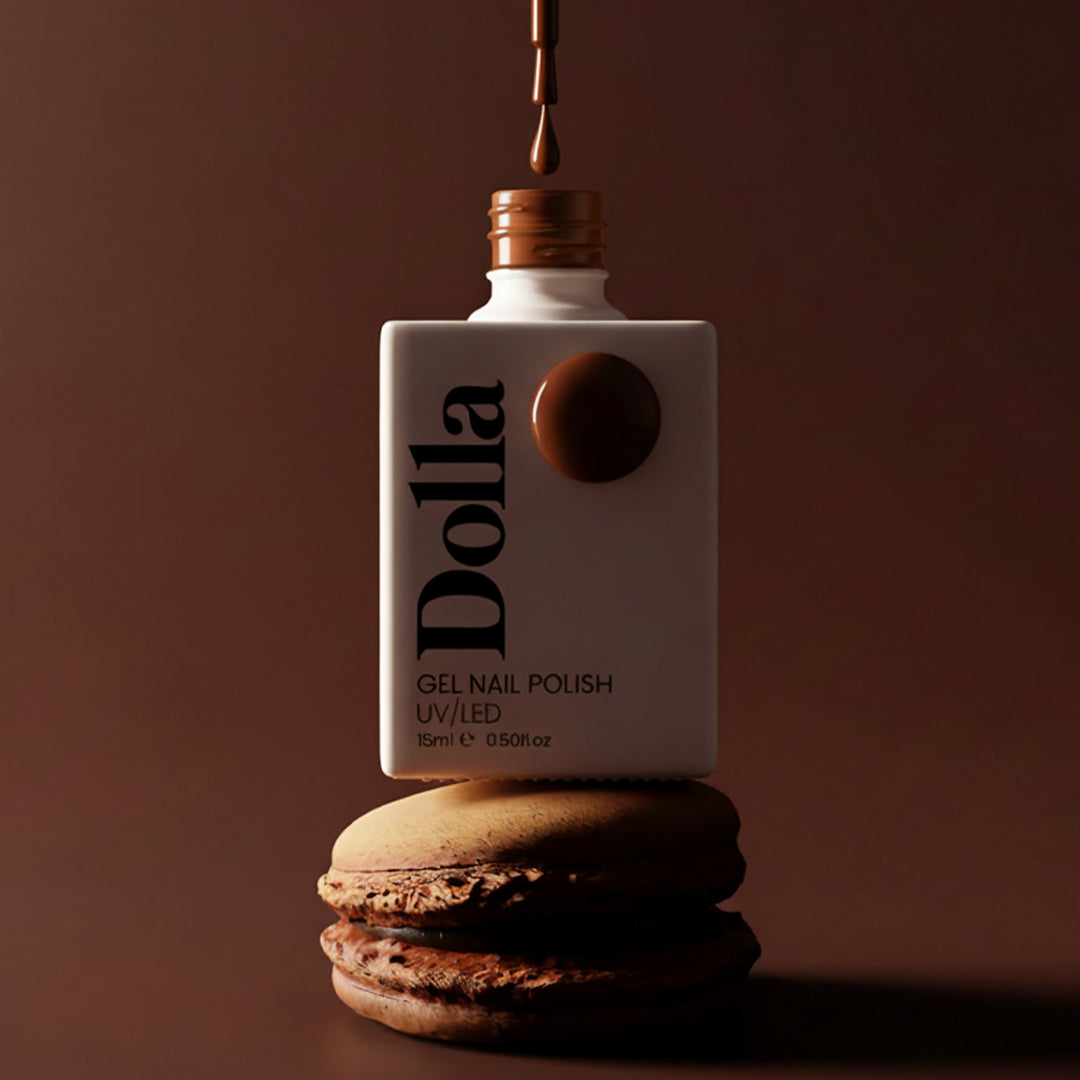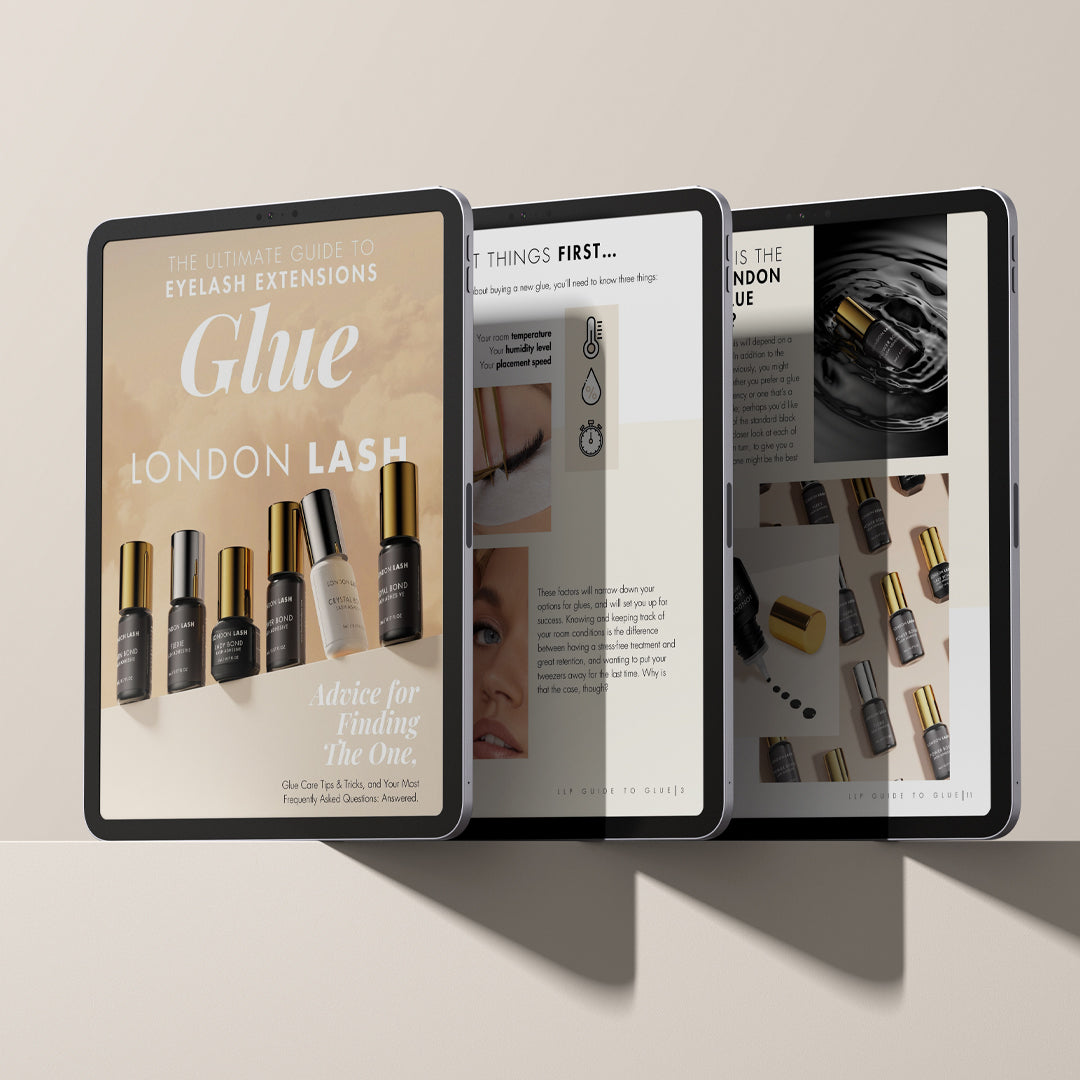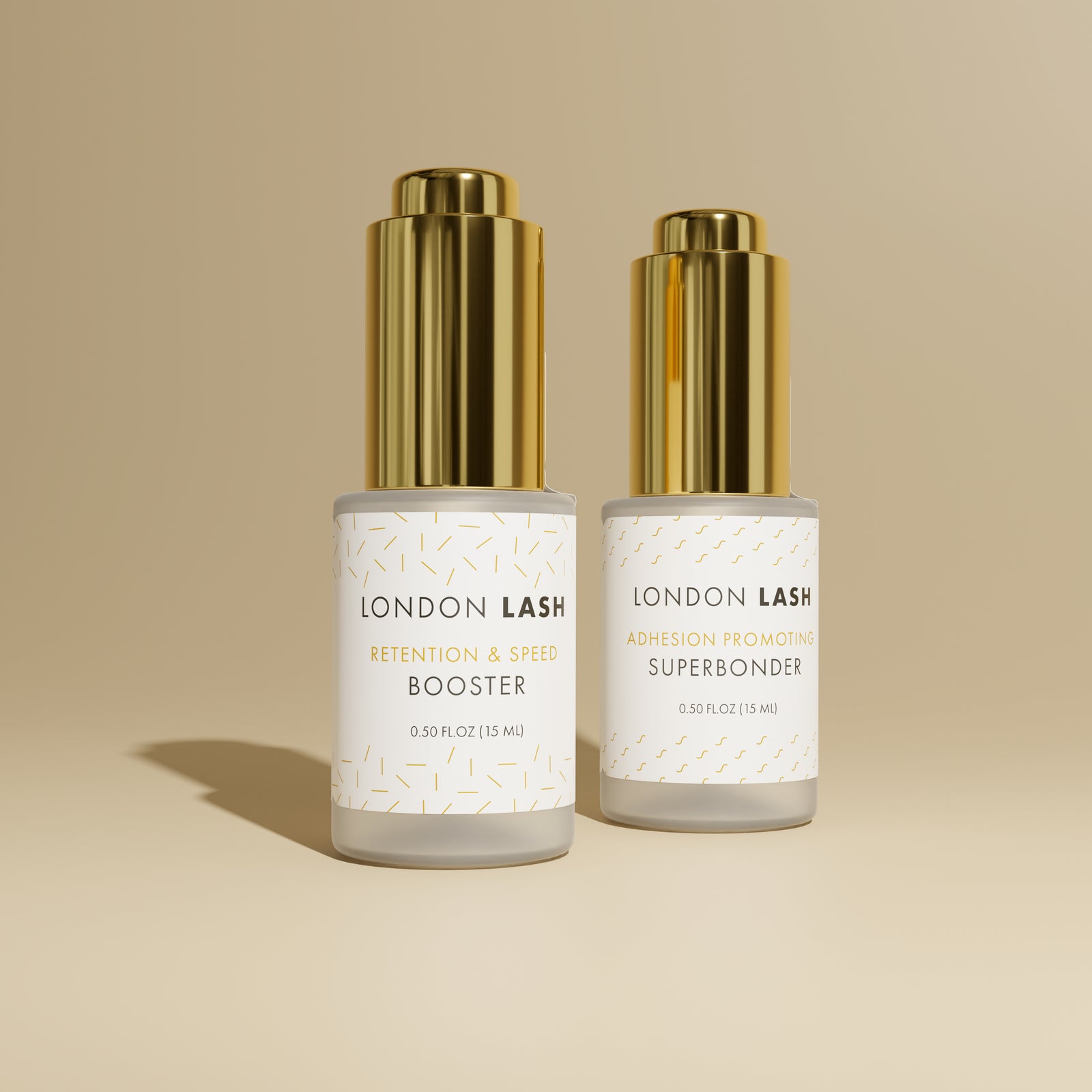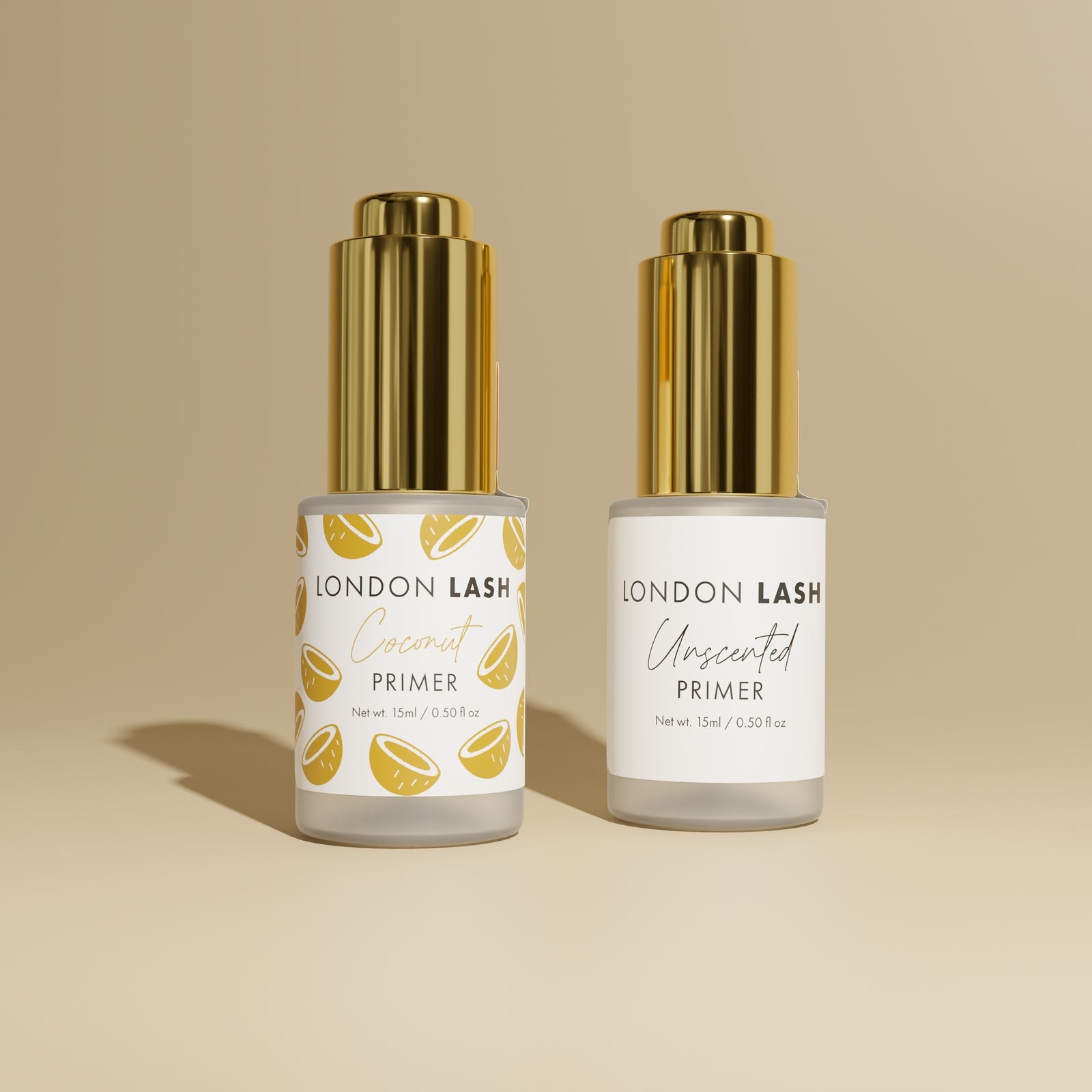New In
Glues & Liquids
Lashes
LASH LIFT
Dolla Nails Pro
Online Training
Save up to 57% off
Things That Go Wrong With Your Glue in the Winter
October 13, 2021 3 min read

How Winter Weather Impacts Eyelash Extension Glue
There's something magical about the arrival of fall, isn't there? The air turns crisp, evenings become snug, and the seasonal vibes, from decorations to drinks just resonate with our souls. However, amidst this autumnal bliss, a tiny worry starts to nag at us - the impending challenges with our eyelash extension adhesives as we head into the colder months. Sure, summer has its own set of hurdles, but winter always seems to catch us off guard with its sudden temperature drops and the unique problems they bring.
We've navigated these icy waters, so you don't have to. Let's dive into the winter woes of lash adhesive and how to safeguard our work and reputation.

The Effect of Dry Skin on Eyelash Adhesive
First off, it's crucial to acknowledge that the changing season can alter how our lash adhesive behaves, partly due to changes in our client's skin. Dry skin is a common winter complaint, and it affects lash adhesive in a couple of ways. Either the lack of moisture in the skin slows the glue's drying time, leading to more fumes and the risk of lashes shifting position, or, in an attempt to combat dryness, clients might use heavier moisturizers, leaving their lashes oilier and shortening the lifespan of their extensions.
For clients battling dryness, consider using a Booster to speed up your lash glues drying time, applying it throughout the session. If the adhesive still dries too slowly, switching to a faster-drying formula might be necessary. If you're a fan of Lady Bond, consider switching to Flexie. If Flexie is your go-to, give Royal Bond a try–it's better suited to handle fluctuations in temperature and humidity, though experimenting with a few samples to find the perfect match is always a good idea.
For those dealing with oilier lashes due to increased moisturizer use, amp up the pretreatment process to ensure the lashes are completely free of oils. Our proven 5-step routine is ideal, but we also offer alternatives for those watching their budget.

Temperature Fluctuations
Temperature plays a significant role in the performance of lash adhesive, not just during application but also when it's stored. Winter nights can see temperatures plummet, and while we might keep our homes cozy, our workspaces often get much colder, leading to thicker, less cooperative adhesive in the morning.
Allowing the adhesive to return to room temperature naturally can help, an hour or so should do the job. You may find that your lash glue returns to its usual consistency once stored in an airtight container and brought up to room temperature. But remember, never store opened adhesive in the fridge to avoid condensation, which can ruin the product. A simple but effective tip is to take your eyelash glue home with you at night, ensuring it stays at a more consistent temperature.

Changes in Humidity
Humidity is a critical factor for the performance of your lash adhesive, affecting both application and wear, and can be measured using a Hygrometer and Thermometer. Winter can either bring about an increase in humidity, with more rain or snow, or create a drier indoor environment as we crank up the heat.
To combat increased humidity, ensure the adhesive is fully cured before your client leaves, using products like Superbonder to seal the deal without making the lashes brittle. Conversely, a dry room can slow down the adhesive's curing time.
Solutions include:
- Placing a damp towel on a radiator.
- Using a Booster.
- Applying Primer onto the natural lashes throughout the set, but be careful not to touch the glue bonds as this can cause shock polymerization.
- Adding water droplets along the eyepatch using a microfiber brush.
- Investing in a small humidifier for your workspace (It's important to keep this item at a safe distance from the bed as high humidity levels can be problematic!)

Navigating the winter season with its unique challenges doesn't have to be daunting. By keeping an eye on your room conditions and adapting your techniques and products accordingly, you can ensure your lash applications remain flawless, regardless of the weather outside. Remember, there's always a solution to keep your lash game strong all winter long!
Check out these featured products
Subscribe
Sign up to get the latest on sales, new releases and more …



